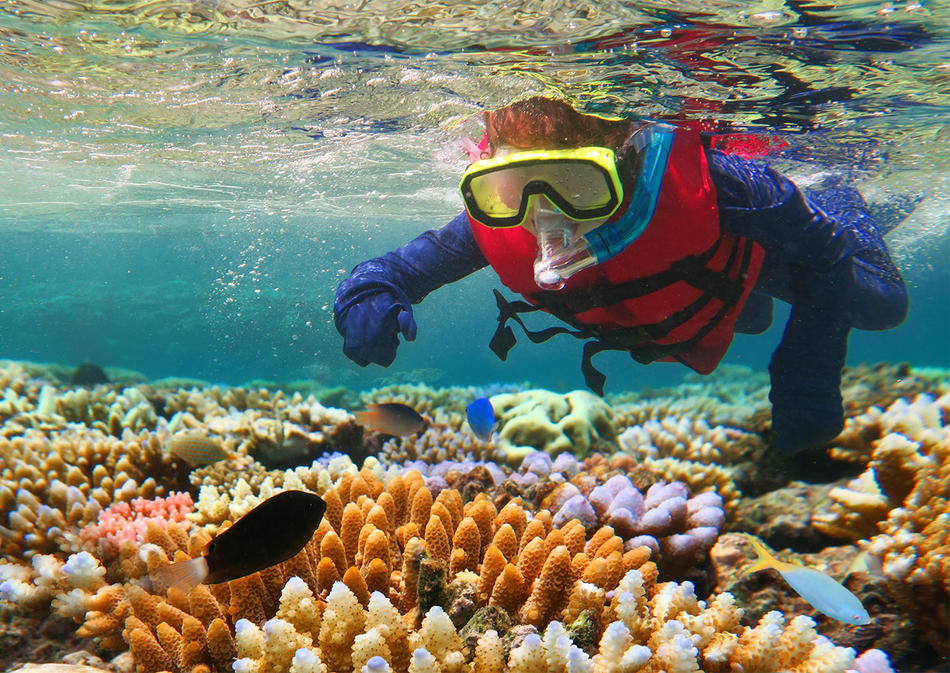The genes to beat the heat
By analyzing the genomes of hundreds of corals along Australia’s Great Barrier Reef, Columbia biologist Molly Przeworski and colleagues have identified genes that may help these marine invertebrates survive in warmer waters. Selectively breeding corals with these genes, experts say, could improve the resilience of large coral reefs, which are being rapidly destroyed by climate change.
Pandemic could put multitudes on streets
Columbia economist Brendan O’Flaherty estimates that the economic downturn prompted by the COVID-19 pandemic will cause homelessness in the US to increase by as much as 45 percent, with up to eight hundred thousand Americans living on the streets.
Fatty fish is brain food
A new study led by Ka Kahe, a professor of epidemiology, obstetrics, and gynecology at Columbia University Irving Medical Center, finds that eating fish high in omega-3 fatty acids can protect the brain against the damaging effects of neurotoxins in air pollution.
Pot primes teens for coke addiction
A history of marijuana use may make teenagers’ brains react more strongly to cocaine and therefore increase the risk of addiction, according to a study on young rats by scientists from Columbia and the University of Cagliari in Italy. The Columbia team was led by Nobel-laureate neuroscientist Eric Kandel; his wife, epidemiologist Denise Kandel ’60GSAS; and Philippe Melas, a former research scientist in Eric Kandel’s lab.
Startups a key to recovery
America’s economic recovery will flounder unless policymakers financially assist entrepreneurs who have ideas for startups that are suitable to the post-pandemic business environment, finds Jorge Guzman, an assistant professor of management at Columbia Business School.
High-tech treasure map
By determining the geological conditions in which copper, lead, zinc, and other base metals form, a team of geologists led by Mark Hoggard, a postdoctoral researcher at Columbia’s Lamont-Doherty Earth Observatory, has created a global map showing where giant deposits of the metals are likely to exist. The researchers say their maps should increase access to the metals, which are vital to the electronics and renewable-power industries but are in short supply.
Save every drop
Researchers led by Ngai Yin Yip, an assistant professor of earth and environmental engineering at Columbia, have invented a new wastewater-treatment technique that can convert human urine into fertilizer-grade ammonia, which
they say could benefit agriculture while improving sanitation throughout the developing world.



